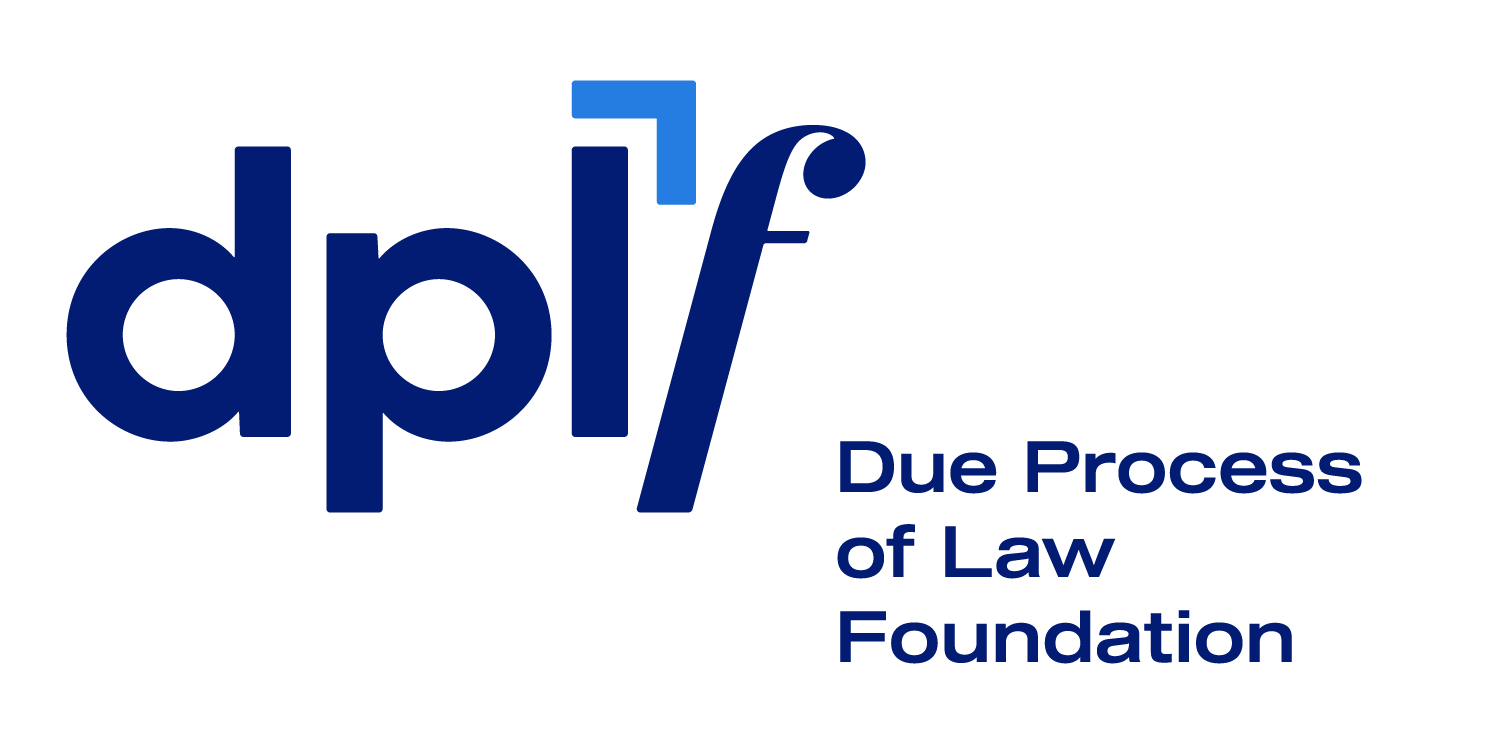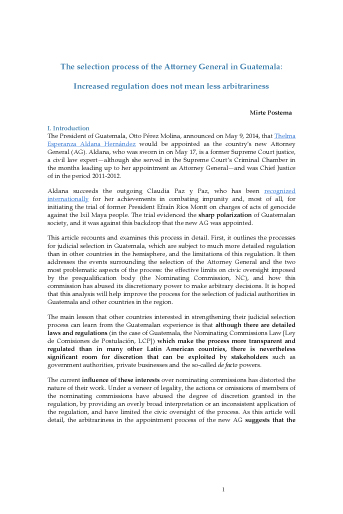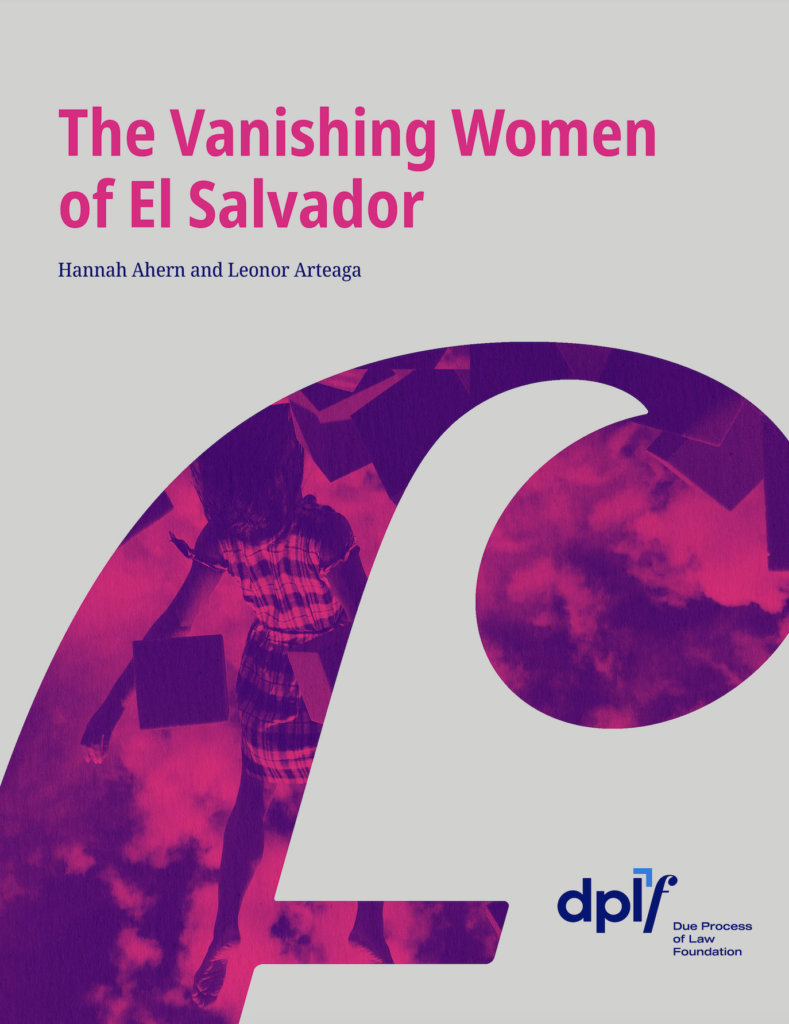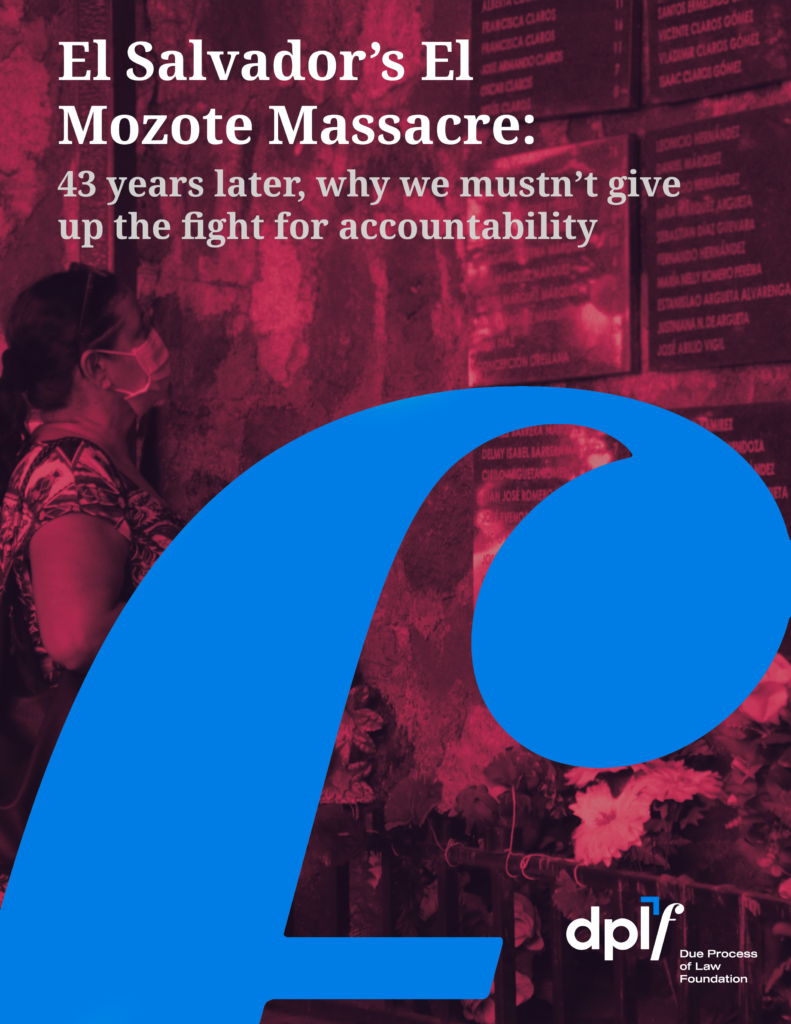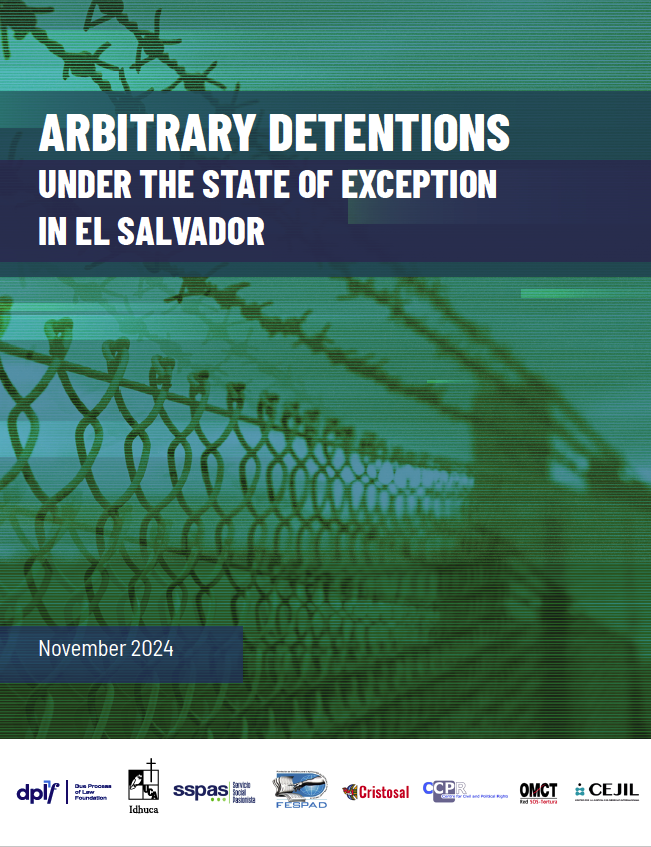This report examines the selection process for Guatemala’s attorney general, noting that increased regulation over this process does not mean less arbitrariness.
The report outlines the processes for judicial selection in Guatemala, which are subject to much more detailed regulation than in other countries in the hemisphere, and the limitations of this regulation. It then addresses the events surrounding the selection of the Attorney General and the two most problematic aspects of the process: the effective limits on civic oversight imposed by the prequalification body (the Nominating Commission, NC), and how this commission has abused its discretionary power to make arbitrary decisions. It is hoped that this analysis will help improve the process for the selection of judicial authorities in Guatemala and other countries in the region.
The main lesson that other countries interested in strengthening their judicial selection process can learn from the Guatemalan experience is that although there are detailed laws and regulations (in the case of Guatemala, the Nominating Commissions Law [Ley de Comisiones de Postulación, LCP]) which make the process more transparent and regulated than in many other Latin American countries, there is nevertheless significant room for discretion that can be exploited by stakeholders such as government authorities, private businesses and the so-called de facto powers.
